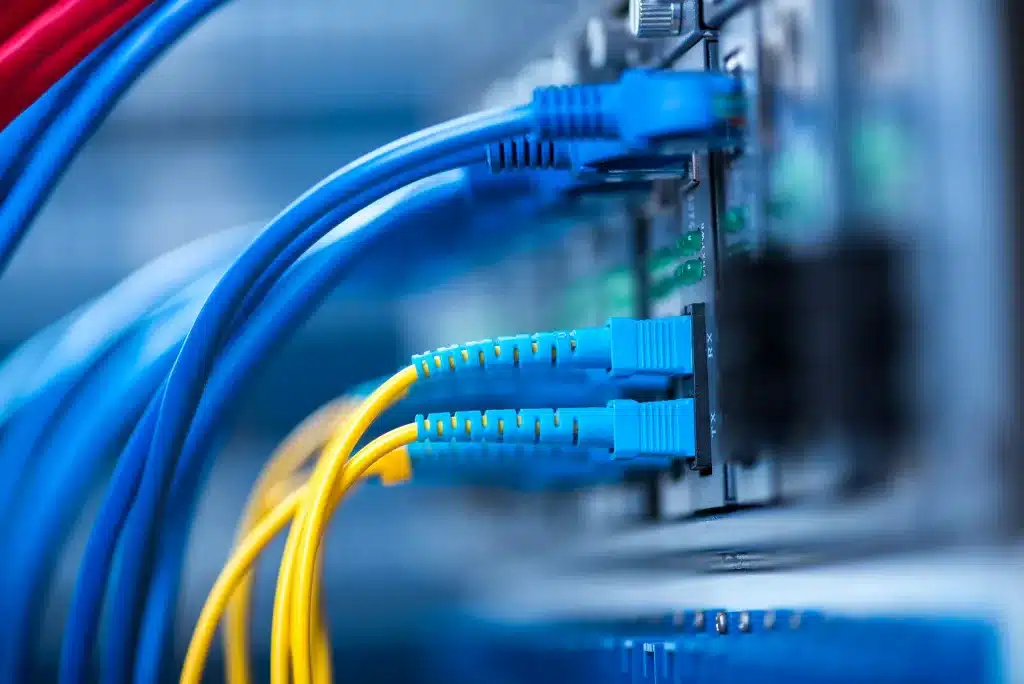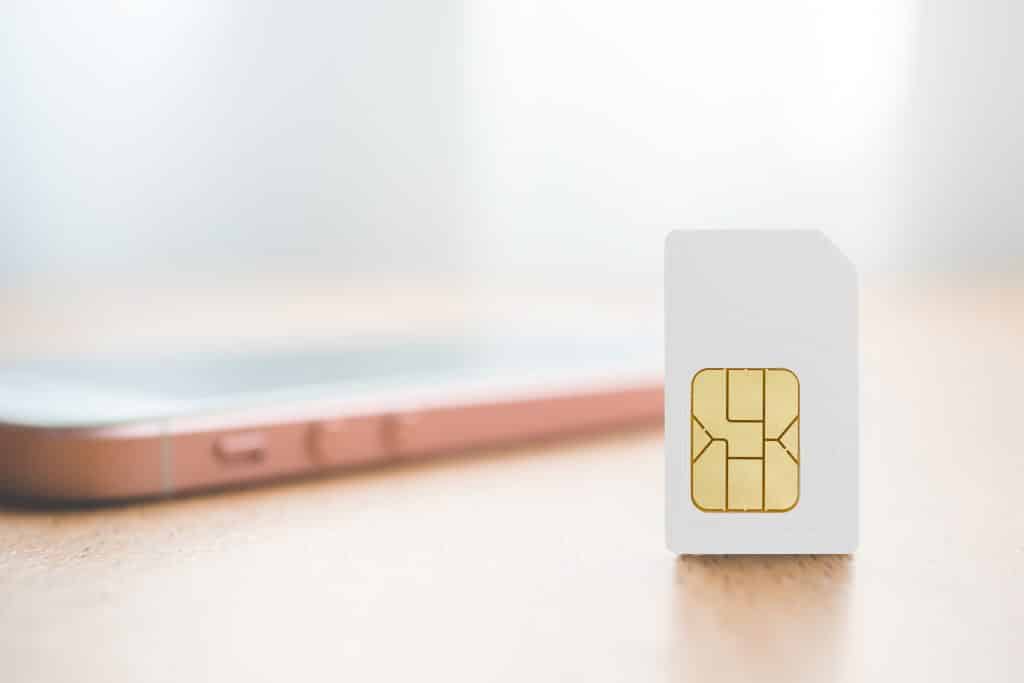How Carrier Choice Impacts IoT Performance

When teams design an IoT deployment, they often spend months refining hardware, firmware, and cloud architecture—only to treat cellular connectivity as a commodity. “Any carrier with coverage will do,” the thinking goes. In reality, carrier choice is one of the most important—and least understood—determinants of real-world IoT performance. From signal reliability and latency to battery […]
The Ultimate Guide to Global IoT Connectivity

Global IoT connectivity is the difference between a clever prototype and a product that actually works everywhere your customers do. A tracker that loses signal at a border, a smart meter that can’t roam, or a point-of-sale device that fails when a carrier sunsets a legacy network turns into churn, support tickets, and costly truck […]
Reducing Roaming Costs with Multi-Network SIMs

As IoT deployments scale across borders, roaming costs quickly become one of the largest—and most unpredictable—operational expenses. What may begin as a manageable connectivity line item during a pilot can spiral into a major cost center once devices are deployed internationally, move across regions, or rely on fallback networks. For enterprises operating global IoT solutions, […]
2G & 3G sunset: What it means for IoT

Many companies worldwide use Internet of Things (IoT) devices that rely on the aging 2G and 3G cellular networks for connectivity. These networks provide IoT manufacturers with a cost-effective means to maintain global connections across a diverse range of environments. However, as this technology reaches its twilight years, the emergence of superior alternatives and the […]
Internet of Medical Things (IoMT) and Cellular connectivity

The Internet of Medical Things (IoMT) is revolutionising healthcare. With the ubiquity of cellular connectivity, it’s hard to imagine a time when healthcare wasn’t connected. But it wasn’t too long ago that wired medical devices were the norm. Today, patients and providers alike, can access the web on our tablets, laptops and connected devices with […]
Internet Resilience with multi-network SIMs

In these increasingly digital times, internet connectivity has become essential to the success of any business. This is why it is important to ensure that your business’s internet connection is as reliable and resilient as possible. One way to do this is by utilising multi-network SIM cards, which allow you to switch between multiple cellular […]
Replace your ADSL with 5G Multi-Network Connectivity

ADSL, also known as Asymmetric Digital Subscriber Line, has long been the go-to for businesses looking for an internet connection. However, with the advent of 5G cellular connectivity, ADSL is no longer the only option. In fact, 5G multi-network cellular connectivity is quickly becoming a viable replacement for ADSL in many cases. Let’s take a […]
Differences between Internet Bonding and Internet Failover

For businesses looking to ensure their organization is afforded the highest levels of internet performance and reliability, understanding the key differences between internet bonding and internet failover is essential. Let’s break down the core differences between these two services and explore how each can help improve your organization’s online presence. What is Internet Bonding? Internet […]
The Benefits of Using 4G and 5G SIM Cards for Broadcasting

With the advancement in technology, broadcasters are now using 4G and 5G connectivity instead of satellite connections. These two types of SIM cards offer various advantages over traditional satellite connections. In this blog post, we will take a look at why broadcasters are making the switch from satellite to multi-network 4G/5G SIM cards. Cost-Effective Solutions […]
What Is a 4G Static IP SIM Card?

What is a 4G Static IP Card? A 4G static IP SIM card or sometimes called a Fixed IP SIM card is a type of cellular data plan that gives you access to reliable wireless internet on the go. Unlike other types of mobile data plans, a static IP SIM card provides you with an […]
